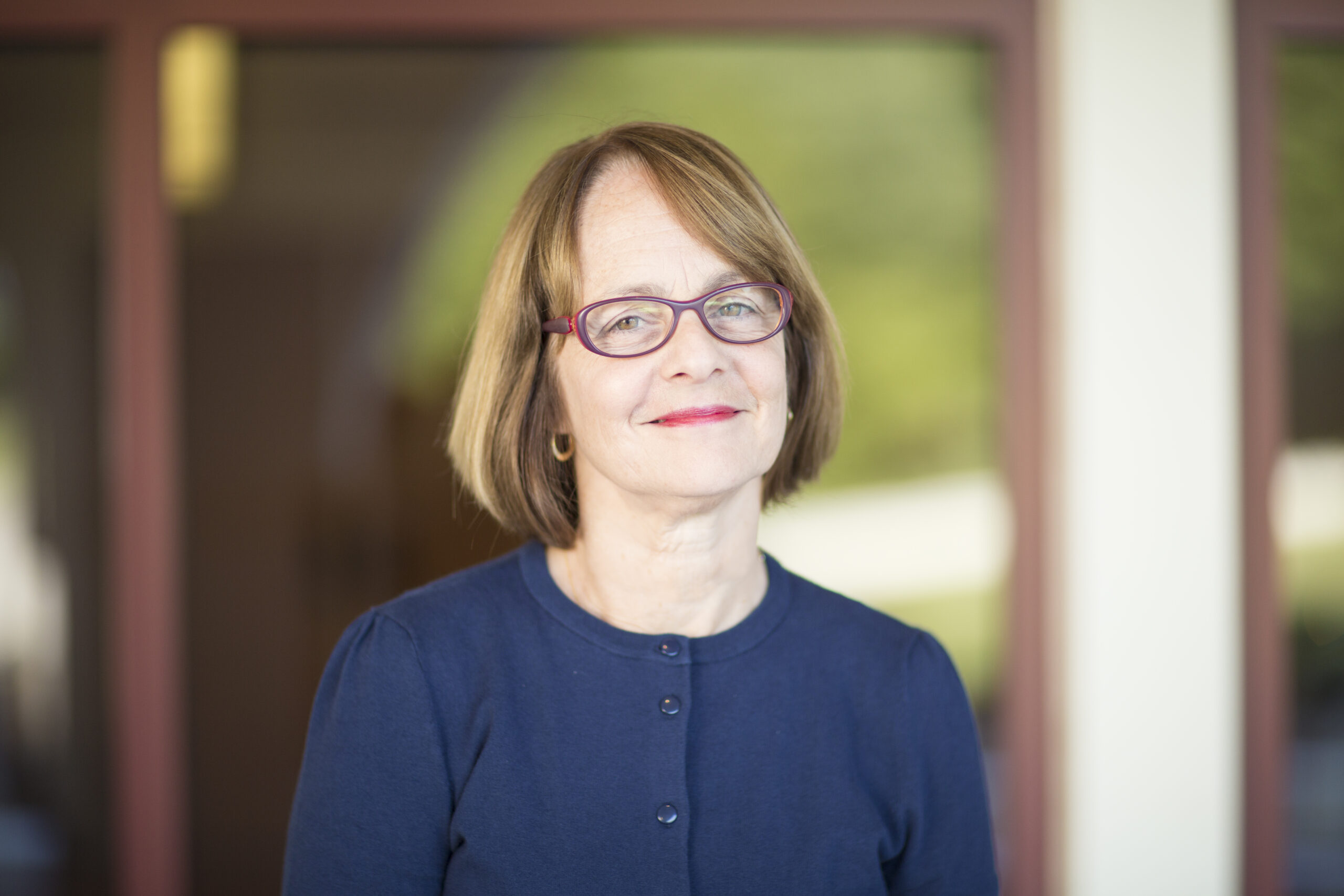All the other professors emeriti
have shuffled in, neat in jacket and tie
except for the few ladies (flats and hose),
and nobody’s not in hearing aids—both those
with hair to hide the wires and those without,
and (a sub-category) those who shout
their greetings now while sporting a severe
kind of stopper, jammed into the ear
as if to bar the spillage of what remains
(old wine in old bottles) of their brains.
These are his people. And as in a bad dream
all of them are assembled to hear him.
Why worry? Hell, he has the material cold—
one of the perks, he thinks, of getting old.
True, it’s been harder lately to acquire
new knowledge, but he took the Roman Empire
as his dissertation’s massive territory
as a young man, then inched beyond that story
until he’d conquered all. Two score and ten
years later and, by God, the thing is written.
People at the university press,
bright editors with PhDs, said yes,
his book—historiography, if you will,
an account of all accounts—shows scope and skill
not seen in ages. So again: why worry?
This crowd, his crowd, is hardly in a hurry
and actually looking forward to his talk.
What was he thinking, though, that he could walk
up here in his ancient sweatshirt (as he might
drift into the kitchen late at night,
uncertain how he got there) with a few
pages of notes? In fact, he has no clue
who introduced him, or when he began to speak,
but he can tell from their faces it’s a weak
case he’s been presenting, sweating, flustered,
paragraphs of filler filibustered
while he searches for one word. What delivers
water on an arched thing down from rivers
to cross a valley?… At home in his study
he has the time, thesaurus, and the steady
belief in himself to find such… Aqueduct!
Aqueduct! Oh, he’s well and truly fucked,
he can’t go on pretending to be pensive
when word-retrieval fails, or sound defensive
in his final lecture—apparently today.
A modest drop of charm, then, in Q&A:
“Excellent question, thanks, Chuck, and I knew
you’d think of that, but it’s beyond my purview.”
Blandly they nod, blankly they smile and clap
a smattering of applause before they tap
away on their canes. Some in the club were worse,
he tells himself; their own retirement lectures
drowned in minutiae, diverted from arguments,
wallowed in moot points… yet what sense
in dwelling on them? Rather dream this dream
of his honeymoon, before the debris and silt
of years clogged up what he, like Rome, had built—
when they drove their rented Peugeot in from Nimes
to see the magnificent Pont du Gard, the blue
sky behind tiers of arches pouring through
like fluent water.
Mary Jo Salter is the author of nine books of poems, most recently Zoom Rooms, and is guest editor of The Best American Poetry 2024. She lives in Baltimore.



